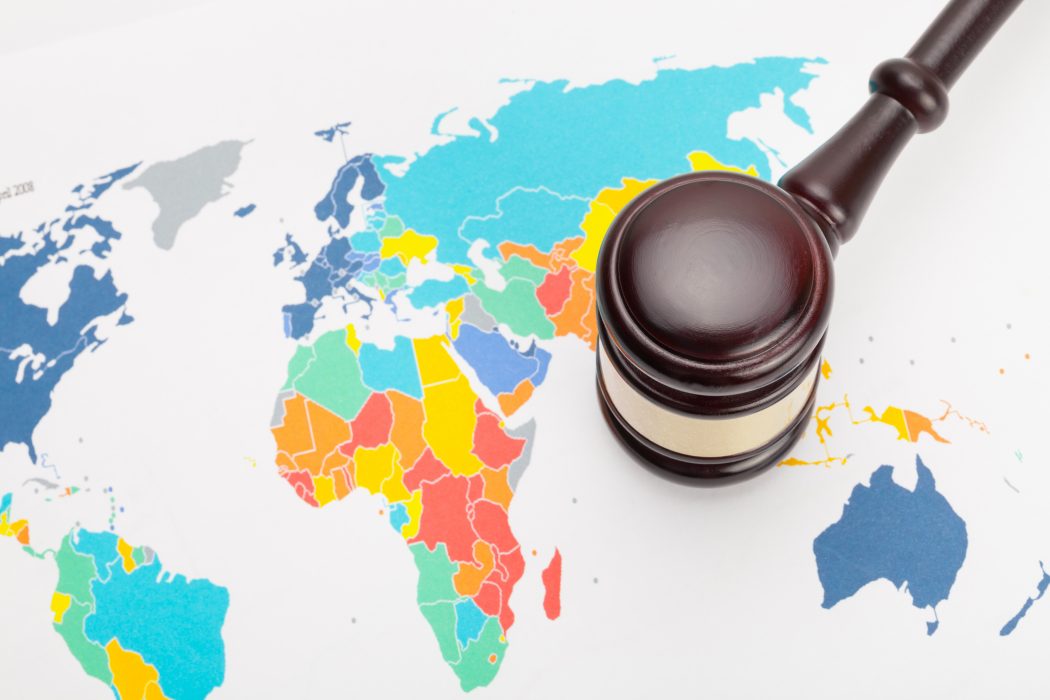International Law: Governing the Conduct of Nations
International law is a set of rules, agreements, and principles that govern the relations and interactions between sovereign states and other international entities. It is a critical component of the global legal framework, serving as a guide for the behavior of countries in areas such as diplomacy, trade, human rights, and conflict resolution. In this article, we’ll explore the concept of international law, its sources, and its significance in maintaining order in the international community.
Key Aspects of International Law
- Sovereign States: International law primarily deals with the actions and responsibilities of sovereign states, which are considered equal and independent entities in the international system.
- Sources: International law has multiple sources, including treaties and conventions, customary international law (practices accepted as binding), general principles of law, and legal scholarship.
- Subjects of International Law: In addition to states, international law recognizes other subjects, such as international organizations (e.g., the United Nations), individuals, and non-state entities (e.g., multinational corporations and non-governmental organizations).
- Public and Private International Law: Public international law governs the relations between states and other international entities, while private international law (also known as conflict of laws) deals with legal matters involving individuals or entities from different countries.
- Enforcement: International law lacks a centralized enforcement mechanism. Compliance is achieved through state consent, diplomatic efforts, sanctions, and the role of international courts and tribunals.
Significance of International Law
International law plays a significant role in the global community for several reasons:
- Conflict Resolution: It provides a framework for peacefully resolving disputes between states, reducing the risk of armed conflicts and promoting international peace and security.
- Protection of Human Rights: International law sets standards for the protection of human rights, including the Universal Declaration of Human Rights and various international treaties.
- Facilitation of Diplomacy: It guides diplomatic relations between states, shaping treaties, trade agreements, and international cooperation on a wide range of issues, from climate change to public health.
- Economic Relations: International trade and commerce rely on international law, which ensures a predictable legal environment for businesses and promotes global economic stability.
- Environmental Conservation: International environmental agreements, such as the Paris Agreement on climate change, seek to address global environmental challenges and protect natural resources.
- Accountability: International law allows for the prosecution of individuals for international crimes, including genocide, war crimes, and crimes against humanity, through international criminal tribunals like the International Criminal Court (ICC).
- Protection of State Sovereignty: International law respects the sovereignty of states while providing guidelines for responsible state behavior.
- Development of Customary Law: State practice and the acceptance of certain norms over time can lead to the development of customary international law, contributing to the evolution of global legal standards.
International Law in Practice
International law is applied in various ways, including the negotiation and implementation of nexusediciones treaties, the work of international organizations, and the decisions of international courts and tribunals. The United Nations, with its various agencies and programs, serves as a central hub for the development and implementation of international law.
States are the primary enforcers of international law, and their adherence to legal agreements is critical to the system’s success. While international law lacks a global police force, states’ reputations, economic interests, and diplomatic relations encourage compliance with legal obligations.
In conclusion, international law is a vital component of the global legal framework, promoting peaceful coexistence, cooperation, and the protection of fundamental rights in an interconnected world. It provides the structure and guidance needed to manage the complex web of relationships and challenges that transcend national borders.

